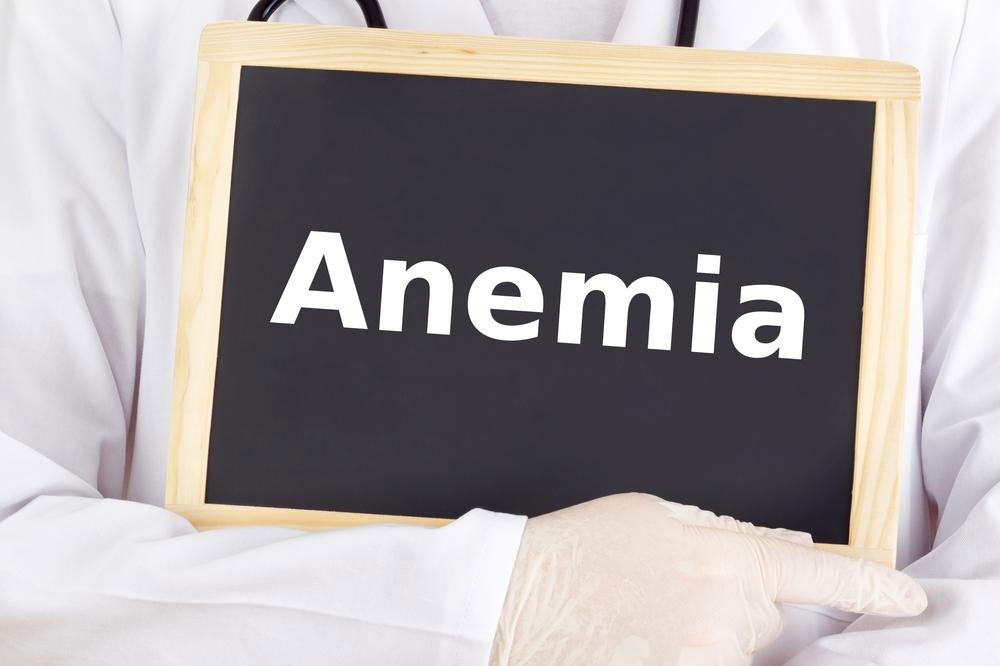
Types of Anemia
Anemia is a blood disorder wherein the body does not have the requisite healthy Red Blood Cells (RBCs) to transport oxygen to the vital tissues throughout the body. There are five main types of anemia, each of which has different causes and symptoms. Let’s discuss them in a little detail one by one.
- Aplastic anemia
A condition wherein the body does not produce enough healthy RBCs is known as aplastic anemia. As a result of this condition, one might be more susceptible to infections and might also experience uncontrolled bleeding. Although rare, it is a highly serious form of anemia that can affect people of any age. It might either come on gradually or all of a sudden and showcase symptoms that could range from mild to severe. For treating aplastic anemia, one might have to undergo bone marrow or stem cell transplantation, along with taking prescribed medication. - Iron-deficiency anemia
Another main type of anemia is the one caused by iron deficiency in the body. It is a more prevalent form and is a condition wherein the body is unable to produce hemoglobin in RBCs due to iron deficiency. This restricts the proper transportation of oxygen, so this type of anemia can leave a person tired or breathless at times. It can be treated with iron supplements. - Sickle cell anemia
Sickle cell anemia is a cluster of disorders that are primarily inherited. In this condition, the body doesn’t have sufficient healthy RBCs for the transportation of oxygen across the body. Usually, RBCs are flexible and move around easily. However, sickle cell anemia can cause the RBCs to be shaped like crescent moons or sickles, which tend to stick in the blood vessels. As a result, the flow of oxygen might be restricted in the parts of the body. - Thalassemia
Just like sickle cell anemia, thalassemia is an inherited blood disorder. It restricts the production of hemoglobin in the body, which means the oxygen transported to the organs in the body is inadequate. So, people with thalassemia experience incessant fatigue. Those with mild thalassemia might not require treatment, but people need blood transfusions to manage the symptoms in severe cases. - Vitamin-deficiency anemia
If the body lacks certain necessary vitamins that are necessary for lesser healthy RBCs, one might develop vitamin-deficiency anemia. The key vitamins responsible for this disorder are vitamins C, B-12, and folate. If one does not consume a diet rich in these vitamins, they might develop vitamin-deficiency anemia as the body is unable to produce healthy RBCs. One might also develop this disorder if the body is unable to process or absorb these vitamins. Taking vitamin supplements and bringing about healthy changes in the diet can help reduce one’s chances of acquiring this disease.


